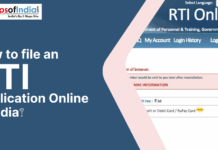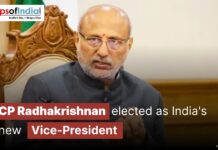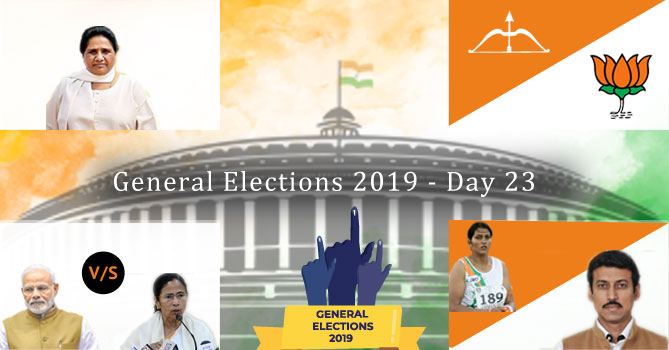The British PM is keen to work with the new government of India to “get the most from UK-India relationship”; Nawaz Sharif invites Modi to visit Pakistan; Australia is ready to welcome the incoming PM. You may dub these incidents as customary. But you might be compelled to think further when you come to know that China is already talking about taking the bilateral ties “to a new height”. The Chinese foreign ministry spokesperson announced Beijing’s willingness to “deepen exchanges and cooperation in all areas.”
What do you make of this? Modi has accused China of having ‘expansionist mindset’ and on several occasions his political rhetoric has revealed a tough stance on India’s neighbor. Despite all this, Beijing had this to say on the BJP forming the new government: “China-India relations are facing new opportunities of development.” No, I won’t say I can sense a toned-down authoritarian statement, but yes, the approach is encouraging. It is the BJP leader’s pro-development appeal that has tempted China. In the midst of bureaucratic hurdles and ensuing slow decision-making, Modi stands as the beacon of hope for them.
During his visit to China in 2011, when Modi carried red visiting cards printed in Chinese, political observers didn’t read much into this gesture. What could have been a more effective way of blurring the differences and breeding a culture of familiarity than respecting your neighbor’s language and political affiliations? He did that wisely.
Now, China sincerely wishes that Modi turns India more investor-friendly, the way he did to Gujarat. According to a leading China-based daily, many Chinese enterprises have invested in Gujarat and contributed to the state’s economic growth and therefore, China-India ties may get stronger during Modi’s regime. Beijing, it seems, believes that improved trade ties might have a positive impact on the overall bilateral relations. Amen to that.
I can also see a possibility of a fresh boost in India-US ties. The US president Barack Obama has expressed his desire of “working closely with Mr. Modi to fulfil the extraordinary promise of the US-India strategic partnership.” This can be the beginning of a paradigm shift in US-Modi relations. Obama’s statement should dispel all doubts that the PM-elect will be given a cold shoulder owing to his somewhat skewed past. To me, it is also a clear indication that the US has stopped interpreting Modi as a Hindu nationalist and started addressing him as a “practical businessman”, as a leading Chinese daily did.
Now that the new government has got rid of the complex compulsions and restraints of a coalition set up, the US business leaders are anticipating a fast overhaul in regulatory systems that would propel healthy trade-ties. They see in Modi an ally who can help business relations improve by nixing India’s protectionist policies. Once the business front is taken care of, the other bilateral concerns can soon be allayed.
But will the US rethink its visa policy? How does it matter anyway? As the Head of the state, Modi is eligible for an A-1 visa. Now that’s what you call a real comeback!
Related Information:
List of Prime Ministers of India
Who will be the next PM of India?
Narendra Modi’s Likely Cabinet
A Review of Manmohan Singh’s Tenure as India’s PM
Why Rahul Gandhi Should Not Be The Prime Minister Of India?






